Scurvy is a rare and serious health problem caused by vitamin C deficiency. Vitamin C is a vital nutrient that has important functions for the immune system, collagen production, and iron absorption in the body. Historically, scurvy has been common among sailors and explorers, as consumption of fresh fruits and vegetables was limited. Today, it is less common worldwide, but it still occurs in some regions and in at-risk individuals. In this article we have written for you, we will try to find answers to curious questions about Scurvy Disease.
- What is Scurvy Disease?
- What Are The Symptoms Of Scurvy?
- Risk Factors and Causes
- Who Does Scurvy Affect?
- What Tests Will Be Done to Diagnose Scurvy?
- Causes of Scurvy Disease
- How Common Is Scurvy?
- Scurvy is Caused By a Deficiency of Which Vitamin
- How Scurvy is Diagnosed?
- When Should I See My Doctor?
- How is Scurvy Treated?
- How Can I Prevent Scurvy?
- Scurvy in Babies
- Scurvy Treatment Prices in Turkey
- How soon after treatment will I feel better?
- What are the 3 symptoms of scurvy?
What is Scurvy Disease?
Scurvy is a disease caused by vitamin C deficiency. Vitamin C is essential for the production of a protein called collagen in the body. Collagen is the building block of the body’s connective tissues such as skin, bone, teeth, cartilage, and connective tissue. Scurvy causes these tissues to weaken and deteriorate, leading to problems such as bleeding skin, gum disease, and joint pain.
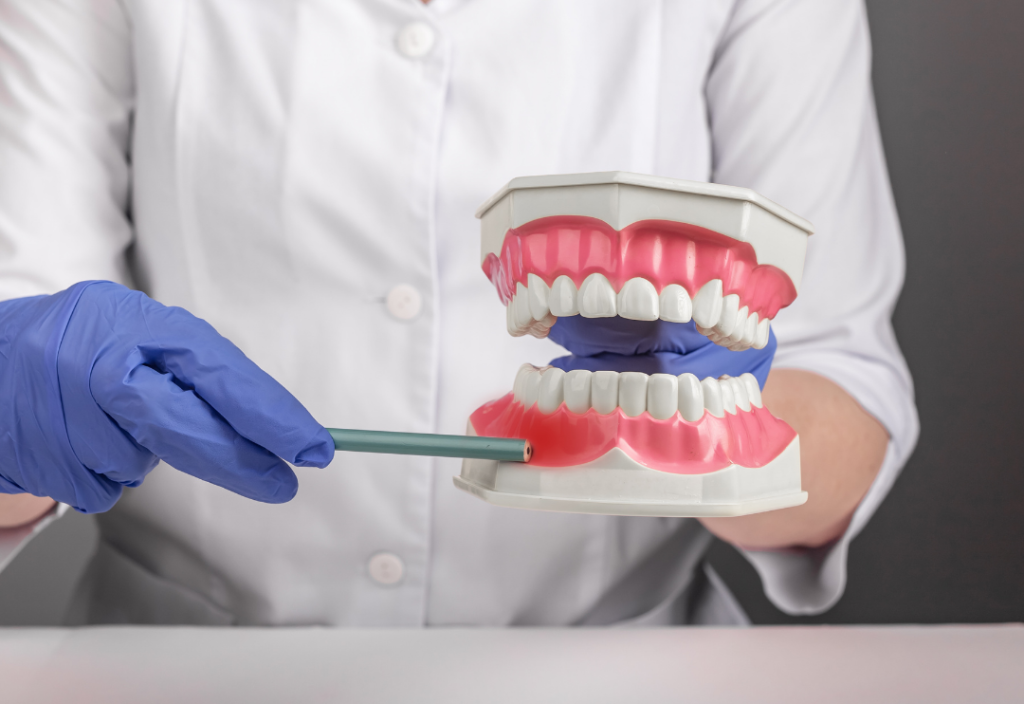
What Are The Symptoms Of Scurvy?
Symptoms of scurvy include;
- Fatigue and weakness,
- Joint and muscle pains,
- Bleeding gums and tooth loss,
- Bruising and bleeding on the skin,
- Anemia (anemia),
- The weakened immune system,
- delay in wound healing
- Bone growth disorders (in children),
Risk Factors and Causes
The main cause of scurvy is inadequate vitamin C intake. Some risk factors include,
- Inadequate and unbalanced nutrition,
- Alcohol and smoking,
- Chronic diseases,
- Old age
- Socioeconomic factors,
Scurvy can be prevented and treated by consuming adequate amounts of vitamin C-containing foods and taking supplements when necessary. In this way, the negative effects of this serious health problem can be prevented and quality of life can be maintained.
Who Does Scurvy Affect?
Scurvy is a disease caused by a severe deficiency of vitamin C. It is rare in developed countries, but it can still occur in people who do not eat a healthy diet or who have certain medical conditions.
Scurvy can affect people of all ages, but it is most common in the following groups:
- Infants and young children: Infants and young children are at risk of scurvy if they are not breastfed or if they are not given enough fruits and vegetables.
- Older adults: Older adults are at risk of scurvy if they have difficulty eating or if they have certain medical conditions that interfere with the absorption of vitamin C.
- People with certain medical conditions: People with certain medical conditions, such as Crohn’s disease, ulcerative colitis, and eating disorders, are at risk of scurvy if they do not get enough vitamin C from their diet.
- People who smoke or abuse alcohol: Smoking and alcohol abuse reduce the body’s ability to absorb and use vitamin C.
- People who live in poverty: People who live in poverty may not have access to fresh fruits and vegetables, which can put them at risk of scurvy.
Symptoms of scurvy
The symptoms of scurvy typically develop within a few months of not getting enough vitamin C. The most common symptoms include:
- Fatigue
- Weakness
- Pale skin
- Easy bruising and bleeding
- Swollen and bleeding gums
- Loose teeth
- Joint pain
- Poor wound healing
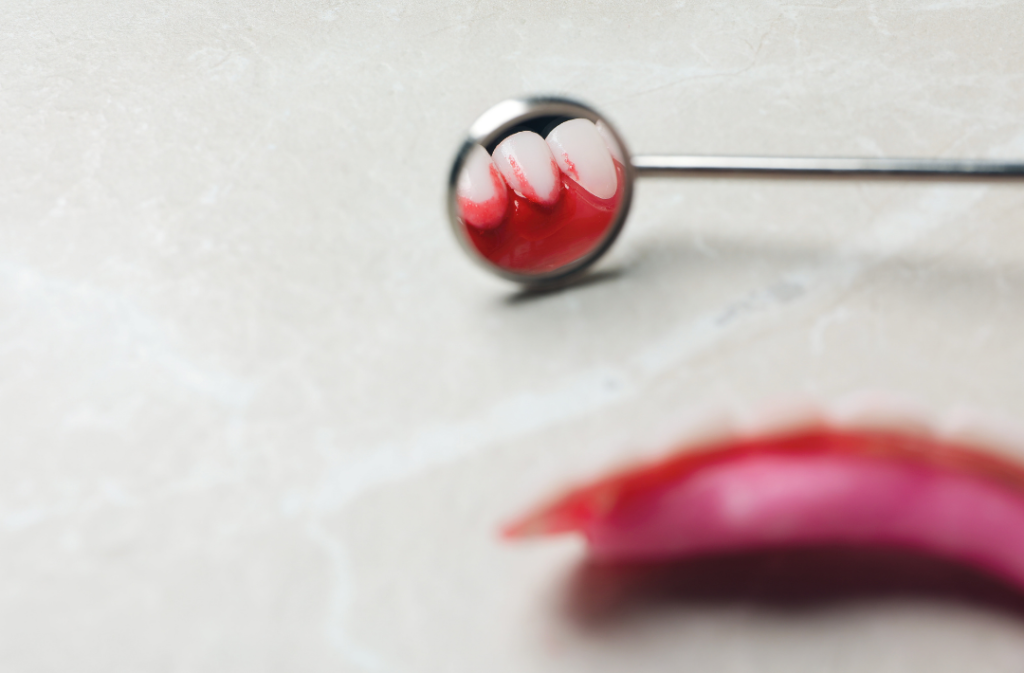
What Tests Will Be Done to Diagnose Scurvy?
Scurvy is a disease caused by a severe deficiency of vitamin C. It is rare in developed countries, but it can still occur in people who do not eat a healthy diet or who have certain medical conditions.
Diagnosis of scurvy
Your doctor may diagnose scurvy based on your medical history, physical exam, and laboratory tests.
Medical history
Your doctor will ask you about your diet, lifestyle, and medical history. They may also ask you about any symptoms of scurvy that you are experiencing.
Physical exam
Your doctor will perform a physical exam to look for signs of scurvy. This may include examining your skin, gums, teeth, and joints.
Laboratory tests
Your doctor may order laboratory tests to confirm the diagnosis of scurvy. These tests may include:
- Blood test: A blood test can measure the level of vitamin C in your blood.
- Urine test: A urine test can measure the amount of vitamin C in your urine.
Other tests
In some cases, your doctor may order other tests to rule out other medical conditions that may be causing your symptoms. These tests may include:
- X-ray: An X-ray can show signs of bone damage caused by scurvy.
- Bone marrow biopsy: A bone marrow biopsy can be used to diagnose scurvy in people who have other medical conditions that can also cause vitamin C deficiency.
Causes of Scurvy Disease
Scurvy is a disease caused by a severe deficiency of vitamin C. It is rare in developed countries, but it can still occur in people who do not eat a healthy diet or who have certain medical conditions.
The main cause of scurvy is not eating enough fruits and vegetables. Vitamin C is found in many fruits and vegetables, including citrus fruits, berries, tomatoes, potatoes, and leafy green vegetables. People who do not eat enough of these foods are at risk of developing scurvy.
Other factors that can increase the risk of scurvy include:
- Cooking food for too long: Cooking destroys some of the vitamin C in food.
- Smoking: Smoking reduces the amount of vitamin C that the body can absorb from food.
- Alcohol abuse: Alcohol abuse can interfere with the body’s ability to absorb and use vitamin C.
- Certain medical conditions: Some medical conditions, such as Crohn’s disease, ulcerative colitis, and eating disorders, can make it difficult for the body to absorb vitamin C.
- Pregnancy and breastfeeding: Pregnant and breastfeeding women need more vitamin C than usual.
Symptoms of scurvy
The symptoms of scurvy typically develop within a few months of not getting enough vitamin C. The most common symptoms include:
- Fatigue
- Weakness
- Pale skin
- Easy bruising and bleeding
- Swollen and bleeding gums
- Loose teeth
- Joint pain
- Poor wound healing
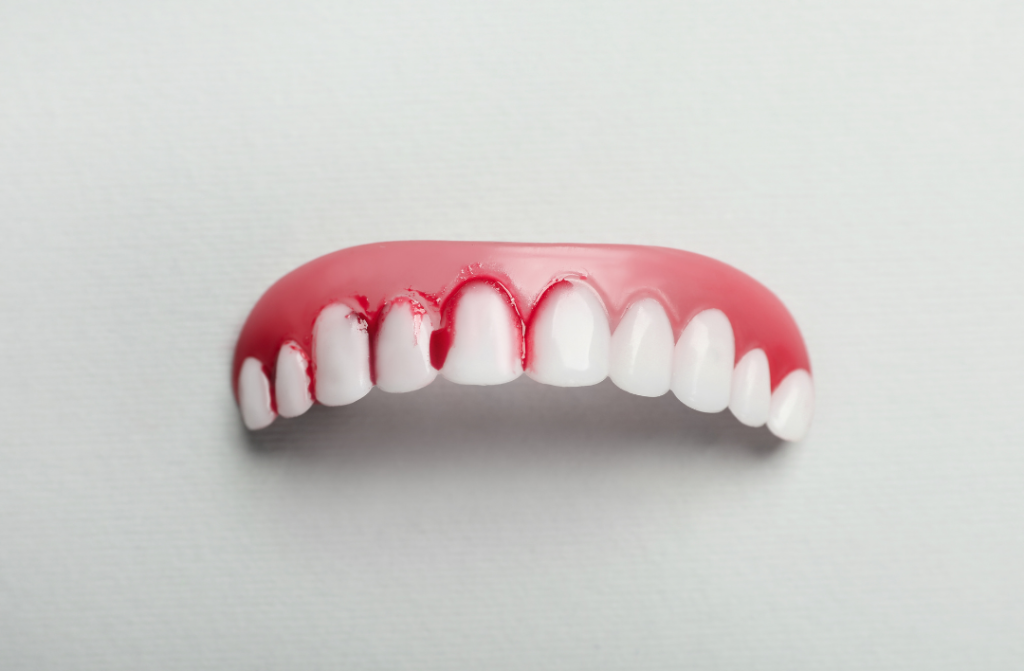
How Common Is Scurvy?
Scurvy is a disease caused by a severe deficiency of vitamin C. It is rare in developed countries, but it can still occur in people who do not eat a healthy diet or who have certain medical conditions.
The exact prevalence of scurvy is difficult to determine, as there is no global surveillance system for the disease. However, studies have shown that scurvy is most common in the following groups:
- Infants and young children: Infants and young children are at risk of scurvy if they are not breastfed or if they are not given enough fruits and vegetables.
- Older adults: Older adults are at risk of scurvy if they have difficulty eating or if they have certain medical conditions that interfere with the absorption of vitamin C.
- People with certain medical conditions: People with certain medical conditions, such as Crohn’s disease, ulcerative colitis, and eating disorders, are at risk of scurvy if they do not get enough vitamin C from their diet.
- People who smoke or abuse alcohol: Smoking and alcohol abuse reduce the body’s ability to absorb and use vitamin C.
- People who live in poverty: People who live in poverty may not have access to fresh fruits and vegetables, which can put them at risk of scurvy.
In a 2017 study published in the journal Nutrients, researchers found that the prevalence of scurvy in developed countries was between 0.0001% and 0.0002%. This means that between 1 and 2 people in every 100,000 people in developed countries have scurvy.
However, the prevalence of scurvy is higher in developing countries. A 2018 study published in the journal Pediatrics found that the prevalence of scurvy in children under the age of 5 in developing countries was 1.5%.
Scurvy is Caused By a Deficiency of Which Vitamin
Scurvy is a disease caused by a severe deficiency of vitamin C. It is rare in developed countries, but it can still occur in people who do not eat a healthy diet or who have certain medical conditions.
Vitamin C is an essential nutrient that plays a vital role in many bodily functions, including:
- Collagen production: Vitamin C is necessary for the production of collagen, a protein that is essential for the structure and function of skin, bones, and teeth.
- Iron absorption: Vitamin C helps the body absorb iron from food.
- Immune function: Vitamin C helps the body fight off infection.
- Wound healing: Vitamin C is necessary for the proper healing of wounds.
How Scurvy is Diagnosed?
Scurvy is a disease caused by vitamin C deficiency. While it initially manifests itself with symptoms such as fatigue, weakness, and joint pain, in later stages, it can lead to more serious problems such as bleeding gums, skin bruising, and wound healing problems. Scurvy is usually diagnosed based on the patient’s symptoms and medical history. The diagnostic process for scurvy can be explained as follows;
For the diagnosis of scurvy, it is important to examine the patient’s medical history. Risk factors that may lead to vitamin C deficiency are investigated. These include malnutrition, alcoholism, smoking, and the use of certain medications.
A physical examination is performed based on the signs and symptoms of scurvy. Look for signs such as bleeding gums, bruising of the skin, joint pain, and wound healing problems.
Laboratory tests can also be performed to diagnose scurvy. In these tests, vitamin C levels are measured in the patient’s blood. Lower than normal vitamin C levels are considered an indicator of scurvy.
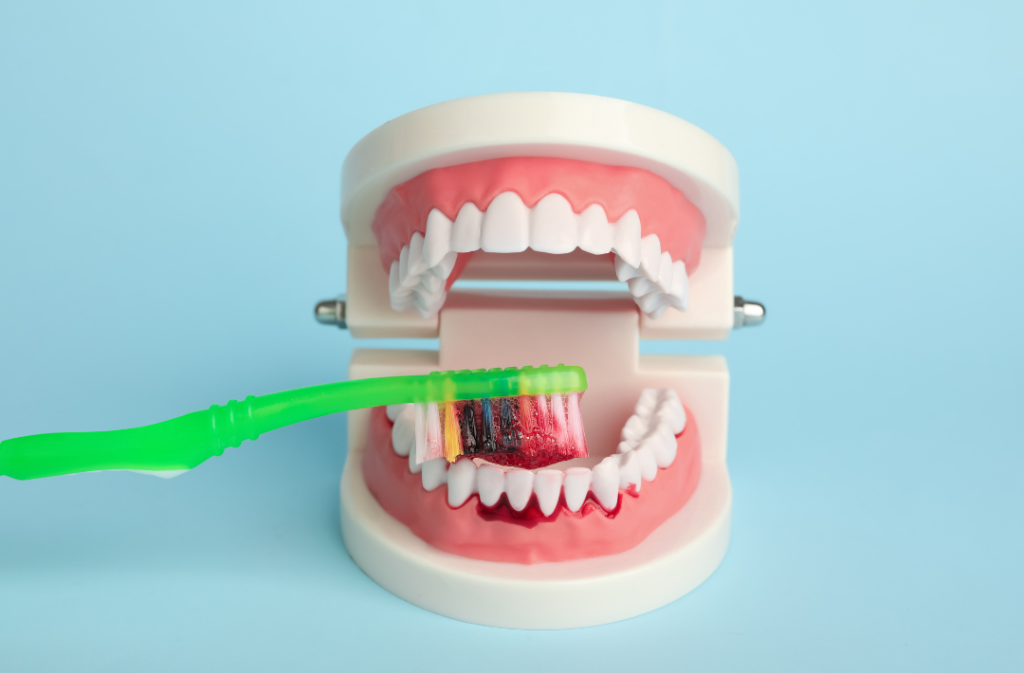
When Should I See My Doctor?
Scurvy is a disease caused by a severe deficiency of vitamin C. It is rare in developed countries, but it can still occur in people who do not eat a healthy diet or who have certain medical conditions.
You should see a doctor if you have any of the following symptoms of scurvy:
- Fatigue
- Weakness
- Pale skin
- Easy bruising and bleeding
- Swollen and bleeding gums
- Loose teeth
- Joint pain
- Poor wound healing
If you are concerned that you or someone you know may have scurvy, it is important to see a doctor right away. Early diagnosis and treatment can help to prevent serious complications and ensure a full recovery.
How is Scurvy Treated?
The main cause of scurvy is vitamin C deficiency. Therefore, the treatment process is also aimed at eliminating this deficiency. The treatment methods for scurvy are as follows;
- Vitamin C Supplementation,
- Nutrition Regulations,
- Wound Care
How Can I Prevent Scurvy?
- Eat at least five servings of fruits and vegetables per day. Aim for a variety of different colors and types of fruits and vegetables.
- Choose fresh or frozen fruits and vegetables over canned or processed fruits and vegetables.
- Cook fruits and vegetables lightly to preserve their vitamin C content.
- Avoid overcooking fruits and vegetables, as this can destroy their vitamin C content.
- If you have difficulty eating fruits and vegetables, you may want to consider taking a vitamin C supplement.
Other tips for preventing scurvy include:
- Avoid smoking.
- Limit your alcohol intake.
- Get regular medical checkups to ensure that you are getting enough vitamin C and other essential nutrients.
Scurvy in Babies
Scurvy in infants is usually caused by vitamin C deficiency. Symptoms of scurvy in infants include restlessness, weight loss, bleeding gums, and skin bruising. The treatment of scurvy in infants is carried out as follows;
- Vitamin C Supplementation,
- Nutrition Regulations,
- Monitoring and Control,
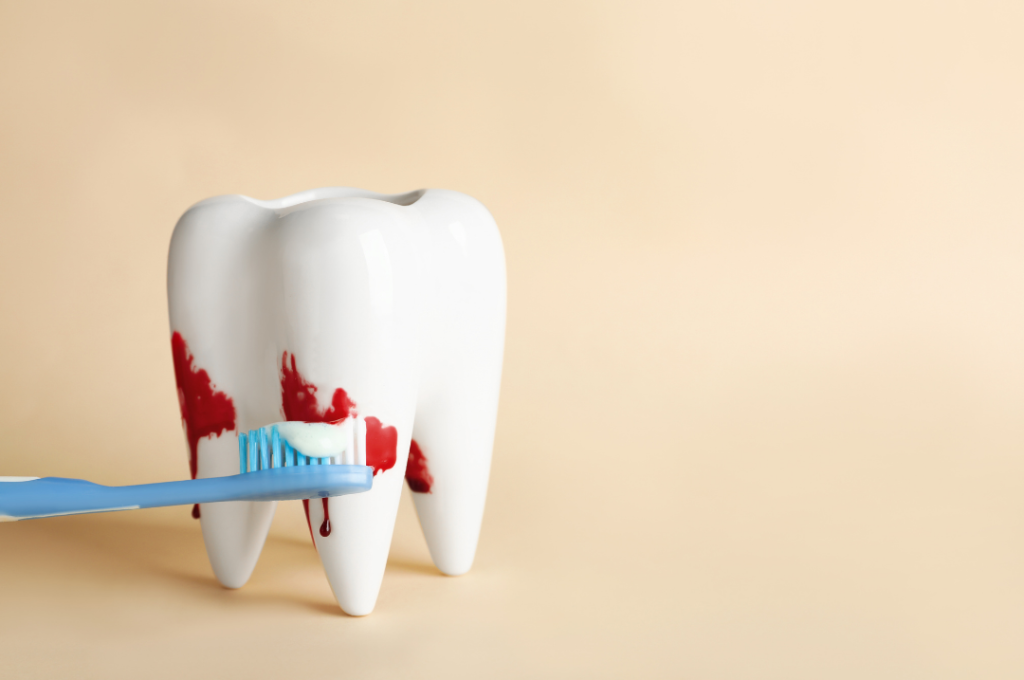
Scurvy Treatment Prices in Turkey
Turkey has managed to announce its name to the world with its investments and studies in the field of health. Especially the latest technological devices used in diagnosis and treatment procedures have been a beacon of hope for many diseases. However, there has been an increase in health tourism in Türkiye.
- Hospitals are large, clean, spacious, and fully equipped in terms of technological equipment.
- Turkish doctors are specialized, successful, and skilled in their fields.
- Nurses and carers are friendly and compassionate.
- Finding answers to the questions asked quickly and accurately.
- Patience and understanding of all staff, including the intermediary company dealing with the patient.
- Turkey offers holiday opportunities with its natural and historical beauties.
- Easy transportation.
- Diagnosis, treatment, accommodation, eating, drinking, dressing, and holiday needs can be met at affordable prices.
Such situations are shown among the reasons for preference. We can see that patients and their relatives who want to come to Turkey are doing research on Scurvy Treatment Prices in Turkey. However, it would not be right to give clear price information at this stage. Many factors such as the type of disease, stage, diagnosis process, treatment process, and stay in Türkiye affect the price issue. If you want to get more detailed price information, you can contact us. In addition, if you come to Turkey for treatment through us, we can facilitate your visa application process with the invitation letter sent by us to the consulate.
How soon after treatment will I feel better?
Most people start to feel better within 24-48 hours of starting treatment for scurvy. This includes symptoms such as fatigue, weakness, and pale skin.
What are the 3 symptoms of scurvy?
Swollen and bleeding gums
Loose teeth
Easy bruising and bleeding

Vimfay International Health Services